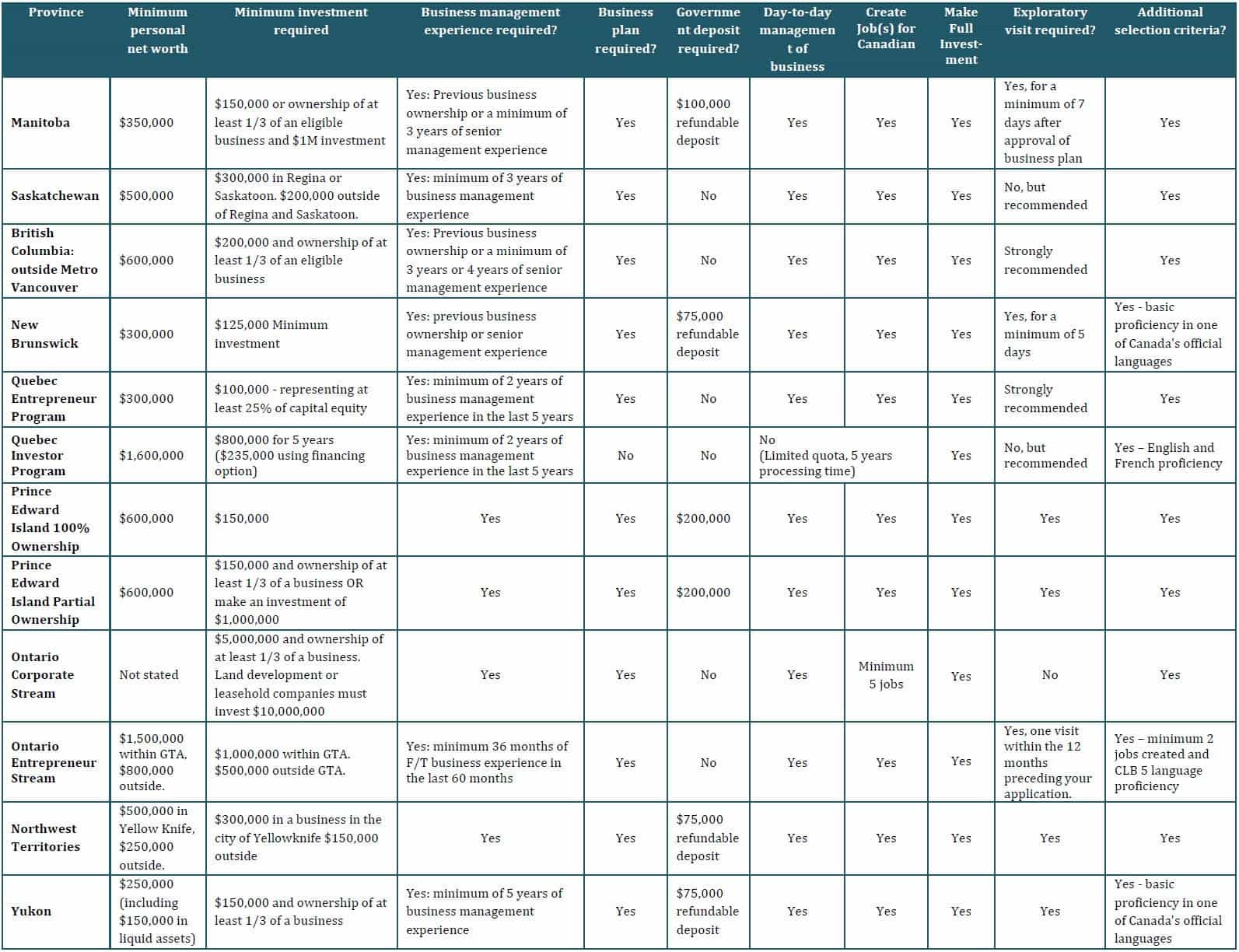COMMON REASONS BEHIND CANADIAN STUDENT VISA REJECTIONS
The process of obtaining a Canadian visa seems quite simple but in fact it can be quite a challenge. While many students think receiving a letter of acceptance is the hardest part of the process, truth is, it can be even harder to land a student visa.
Unfortunately it isn’t uncommon for students to receive a Canadian visa rejection. With Canada being such a desirable study destination, many students aspire to pursue education in the country. Though it’s comforting to know Canada is such as likeable place, it makes it significantly harder to get a visa acceptance because of the large number of people wanting to both study and move there.
To ensure your Canadian visa application isn’t rejected and you experience a smooth process, it’s best to understand the common reasons behind visa rejections in Canada.
1. A genuine letter of acceptance
Before you apply for a visa, you must obtain a letter of acceptance (LOA) from your Canadian host school. The school must be listed under the designated learning institutions list. If the visa officer doubts your letter of acceptance is genuine, or recognizes your failure to meet the program requirements, you may be refused.
2. Financial reasons
As part of the Canadian visa application process, applicants are required to submit a Bank Certificate or Bank Statement. These documents provide evidence the individual can support himself or herself while studying abroad. To be denied a visa due to financial reasons may include factors such as a student’s ability to pay for the trip, to pay tuition fees and to support himself or herself while in Canada.
3. Whether you will leave the country at the end of your studies
A visa officer must trust the student will go back to his or her country of residence at the end of their authorized stay. If a visa officer questions this and denies approval of a visa, reasons may include your travel history (if you have one), family ties in Canada and in your country of residence, or your purpose of visit. Further, it could have something to do with your immigration status in your country of residence, financial status or your previous history in Canada. It’s important to remember a student visa is a temporary visa which means it has an expiration date.
4. Issues with travel or identity documents
It’s important to submit all of the appropriate (and correct) documentation. This includes a valid passport, recent photos and properly filled out forms. Through these documents, the visa officer must be able to identify whether or not you are admissible to Canada. It’s best to ensure you have all sections of the documents filled out clearly so it’s easy to read.
5. Academic performance
Good grades are a key factor in visa approval. This also includes your language ability shown in your IELTS or TOEFL scores. With low grades and low scores, a visa officer may question your ability to cope with English courses. Visa officers also seek consistency in courses and performance, and recognize major deviations through a student’s academia.
It’s important to recognize the process isn’t as simple and straightforward as it may seem. There are many things to consider and be careful with. However, if you keep these points in mind, your application process should be smooth.
If wish to study in Canada or like to settle here after study, Contact Manuleaf Immigration.


